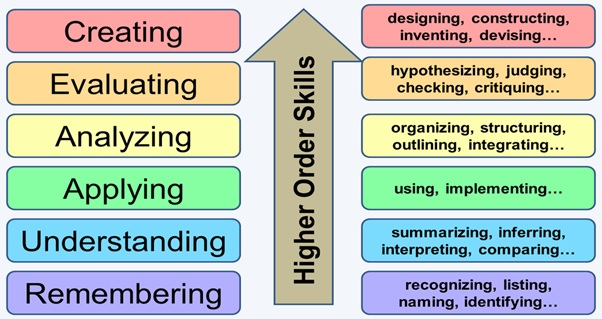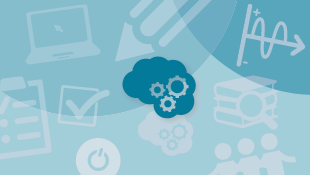-
Courses

Courses
Choosing a course is one of the most important decisions you'll ever make! View our courses and see what our students and lecturers have to say about the courses you are interested in at the links below.
-
University Life

University Life
Each year more than 4,000 choose University of Galway as their University of choice. Find out what life at University of Galway is all about here.
-
About University of Galway

About University of Galway
Since 1845, University of Galway has been sharing the highest quality teaching and research with Ireland and the world. Find out what makes our University so special – from our distinguished history to the latest news and campus developments.
-
Colleges & Schools

Colleges & Schools
University of Galway has earned international recognition as a research-led university with a commitment to top quality teaching across a range of key areas of expertise.
-
Research & Innovation

Research & Innovation
University of Galway’s vibrant research community take on some of the most pressing challenges of our times.
-
Business & Industry

Guiding Breakthrough Research at University of Galway
We explore and facilitate commercial opportunities for the research community at University of Galway, as well as facilitating industry partnership.
-
Alumni & Friends

Alumni & Friends
There are 128,000 University of Galway alumni worldwide. Stay connected to your alumni community! Join our social networks and update your details online.
-
Community Engagement

Community Engagement
At University of Galway, we believe that the best learning takes place when you apply what you learn in a real world context. That's why many of our courses include work placements or community projects.
What is Critical Thinking?
Critical thinking skills are sometimes described as ‘higher order’ skills – that is, skills requiring ways of thinking that are deeper and more complex than the kind of ‘everyday’ thinking that we use to, say, cook a meal or learn our times tables.
A well known framework that describes different levels of thinking is Bloom’s Taxonomy of Educational Objectives (1956) – an updated version of which is shown below.

Image source: http://ezsnips.squarespace.com/blooms-taxonomy/
This framework suggests that remembering, understanding, and even applying facts, figures, concepts, or other learning are ‘lower order’ skills. Of course it’s important to be able to do these things, but they are just a beginning. To do really well academically, you will also need to be able to analyse and evaluate the information that you encounter in the course of your studies, and then make inferences or draw conclusions based upon your analysis and evaluation.
These three key higher order skills are core to critical thinking. Ultimately, the aim is to create original academic work of your own (while acknowledging the ideas and work of others, of course).
Analysis
This involves close reading or scrutiny of a piece of work to detect and identify its main points, arguments, and conclusions, and the evidence offered in support of them. Analysis often involves comparing and contrasting the work of different authors, identifying key themes or areas of contention, or making connections between different ideas or approaches towards the topic under consideration. Analysis may also involve the detailed examination of other data, such as the outcome of an experiment or a computer simulation, or responses to a survey.
Evaluation
Evaluation involves assessing and probing the various points, arguments and evidence that you have found, in order to make a judgement about their credibility, relevance, and strength. It may involve considering what has been omitted as well as included, and questioning the conclusions that have been reached. Evaluation often requires you to consider how well the evidence or argument 'fits' with a particular theory.
Inference
Inference involves building on your analysis and evaluation of the available information, by using them to reach a conclusion of your own. This may involve agreeing or disagreeing with the theories, arguments and conclusions of others, discussing the implications of the information that you have considered, and possibly making suggestions or recommendations for the future.
Developing these skills will make it possible for you to master the key academic skill of reflective judgement or the ability to make a reasoned judgement, based on the available information, while also being cognisant of the nature and limits of knowledge and knowing. As your critical thinking skills develop, you should feel more confident about creating original work of your own, knowing that your ideas rest on solid critical foundations.
It’s important to understand that being critical does not imply being negative. For some students, the word ‘critical’ has negative connotations, and they take it to mean that they should only find fault with an idea or a piece of work. This is incorrect. Being critical means considering things in a balanced and objective way, and using reason and logic – rather than instinct, emotion, or belief – to reach a conclusion.
















